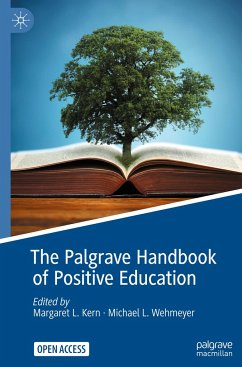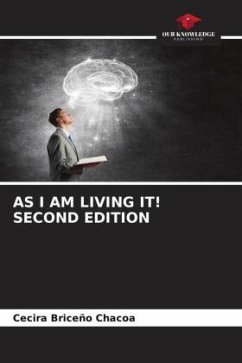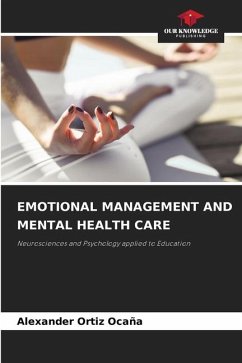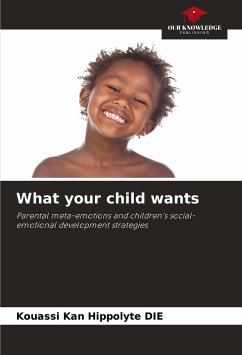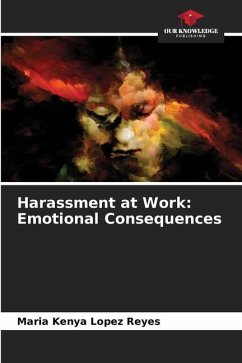
Positive Emotions as an Agent of Change
In the Expressive Writing Paradigm
Versandkostenfrei!
Versandfertig in 6-10 Tagen
36,99 €
inkl. MwSt.

PAYBACK Punkte
18 °P sammeln!
Writing about emotionally significant events has been associated with benefits in terms of mental health and psychological well-being, and the experience of positive emotions has essentially served as an indicator of psychotherapeutic progress and the change achieved. This research aimed to explore the role of positive emotions within the expressive writing paradigm, not as the result of a more or less painful process of change, but as agents of change, capable of optimizing the benefits associated with this paradigm, framing all these issues in the period of adolescence. Thus, rather than sig...
Writing about emotionally significant events has been associated with benefits in terms of mental health and psychological well-being, and the experience of positive emotions has essentially served as an indicator of psychotherapeutic progress and the change achieved. This research aimed to explore the role of positive emotions within the expressive writing paradigm, not as the result of a more or less painful process of change, but as agents of change, capable of optimizing the benefits associated with this paradigm, framing all these issues in the period of adolescence. Thus, rather than signaling, positive emotions can produce optimal functioning, helping adolescents to deal with such events.







